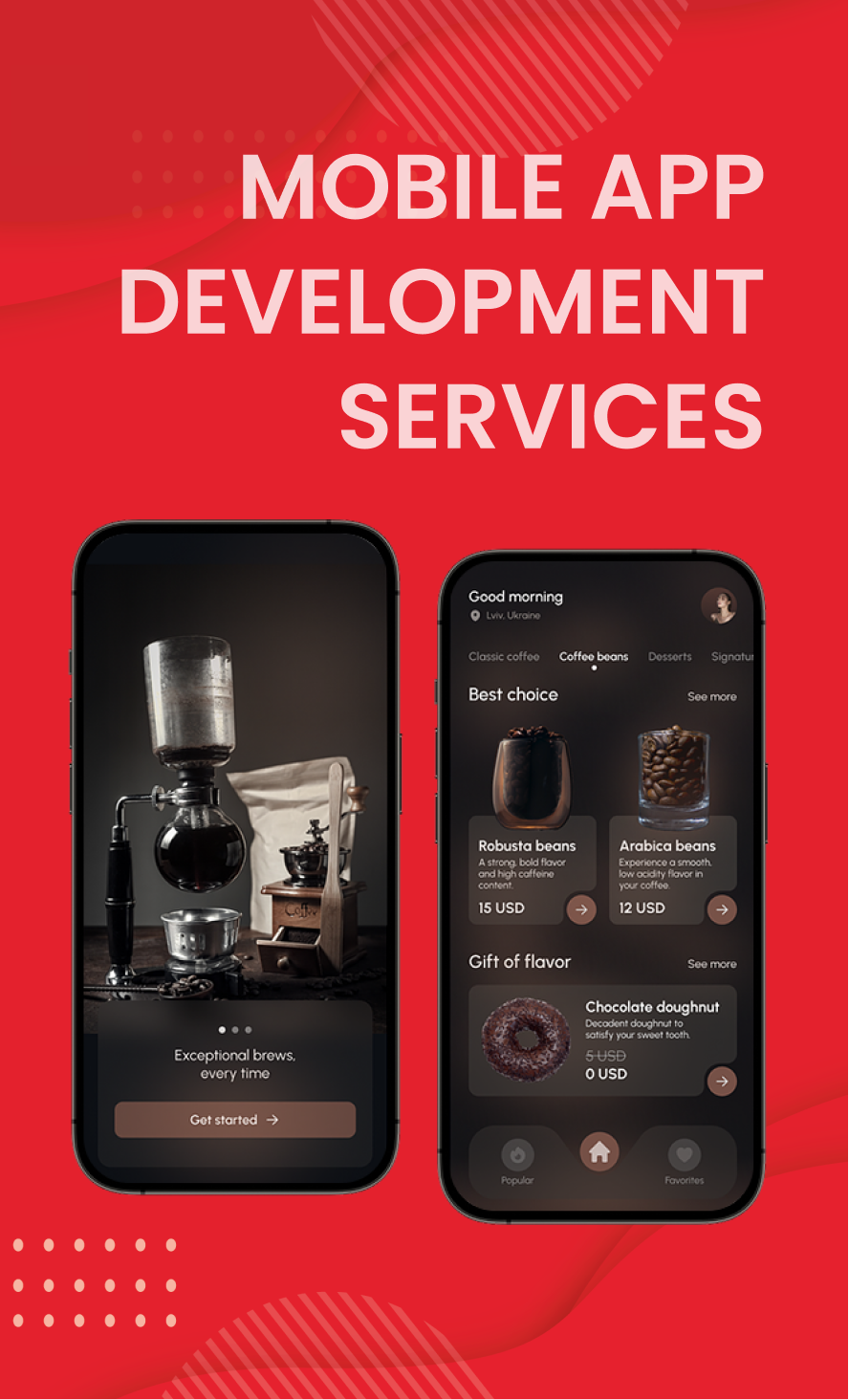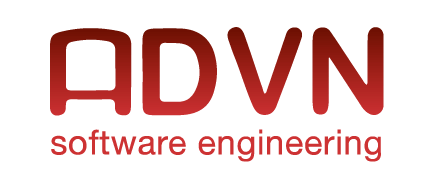The ADVN Blog - Where we inspire business
Where you learn TechNews
News & Insights
Articles and updates on mobile, web, enterprise software, and e‑commerce.
Should you choose a software company or a freelancer for custom development?
07/01/2020

Should you hire a software company or a freelancer for custom development?
Overview
The rapid growth of information technology has transformed how businesses operate, sell, and serve customers. As a result, demand for custom software has surged — and with it, two common choices for delivery: established software companies and independent freelancers. Choosing between them can be challenging and depends on budget, scope, risk tolerance, and long‑term maintenance needs.
Company vs. freelancer: what to consider
Both companies and individuals are part of a vibrant tech market. To decide which is better for your situation, evaluate across multiple angles: capability and team size, delivery process, documentation and handover, warranty and support, legal contract and commitments, timeline reliability, and total cost of ownership.
Benefits of choosing a software company
- Clear contracts and responsibilities between both parties.
- Professional, multi‑disciplinary team delivering consistent quality (BA/PM, UI/UX, backend, frontend, QA).
- Standardized delivery process: requirements discovery, analysis & design, prototyping, implementation.
- Timely support and customer care during usage; defined SLAs.
- Greater assurance of reputation, continuity, and product quality.
- Scalability for future features, integrations, and performance needs.
- Better risk management (version control, review, backups, security practices).
- Documentation, training, and structured handover to your team.
- Legal protections through a formal contract.
- Dedicated warranty period and maintenance packages.
- More predictable timeline and resourcing when issues arise.
- Vendor viability and accountability over the long term.
- Broader technology stack support (iOS/Android, web, cloud, ERP/CRM, payments, logistics, etc.).
- Compliance with standards (security, privacy, accessibility, data retention).
When a freelancer makes sense
- Very small MVP/prototype with limited budget.
- Non‑critical internal tools where downtime risk is acceptable.
- You can directly manage scope, timeline, and changes.
- You’re comfortable arranging support/maintenance yourself.
- Short‑term experiments or proof‑of‑concepts.
Typical delivery process with a software company
- Discovery: Gather business requirements and success criteria.
- Analysis & Architecture: Model data, flows, and choose tech stack.
- UI/UX Design: Wireframes, prototypes, and design system.
- Implementation: Backend, frontend/mobile, integrations.
- QA & UAT: Automated and manual testing; user acceptance.
- Deployment: Infrastructure, security hardening, go‑live plan.
- Training & Handover: Documentation and admin training.
- Warranty & Maintenance: Monitoring, patches, feature iterations.
- Support: Defined SLAs for incident response and change requests.
- Governance: Contractual commitments, reporting, change control.
- Scalability: Capacity planning for growth and peak demand.
Cost, warranty, and commitment
Freelancers can be cost‑effective for tiny scopes, but a company often lowers long‑term risk and total cost of ownership by providing documentation, source control, CI/CD, monitoring, and predictable maintenance. Ensure your partner offers a warranty period, clear SLAs, and a change management process — these protect your investment beyond initial delivery.
Risks and how to mitigate
- Single‑point dependency (freelancer): Mitigate with escrow, code hosting under your org, and detailed documentation.
- Scope creep: Use change requests and phased delivery.
- Security & compliance: Require standards and audits where relevant.
- Timeline slippage: Demand sprint plans, burndown tracking, and weekly reports.
- Knowledge transfer: Plan handover sessions and record them.
Conclusion
For enterprise‑critical applications, a software company is typically the safer choice due to team capacity, process maturity, and long‑term support. Freelancers can be ideal for small, low‑risk projects. Evaluate capability, process, warranty, and level of commitment to select the right partner for your goals.
Related Blog Posts
Best Practices for Optimizing Mobile App Performance
May 29th, 2023
The Evolution of Programming Languages
May 20th, 2023





